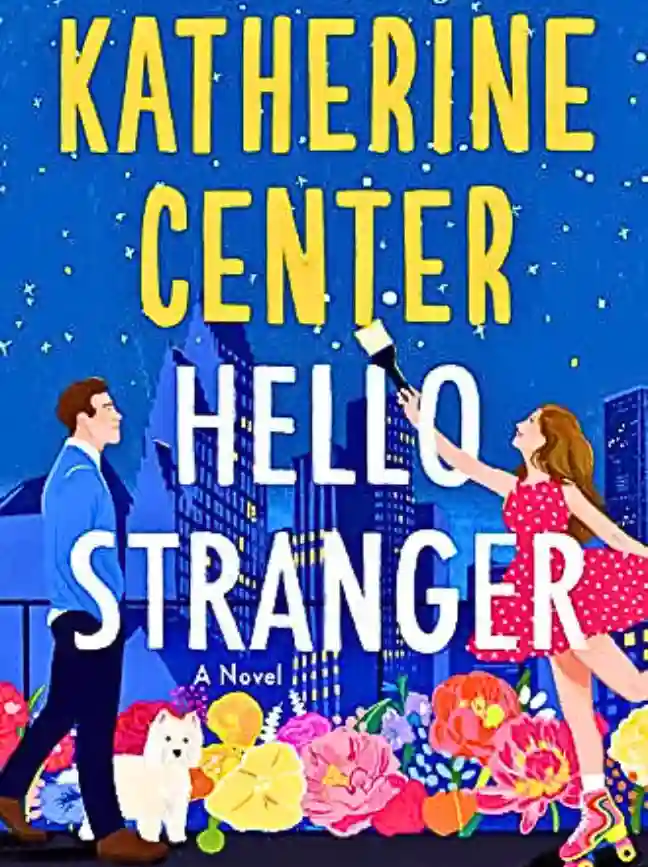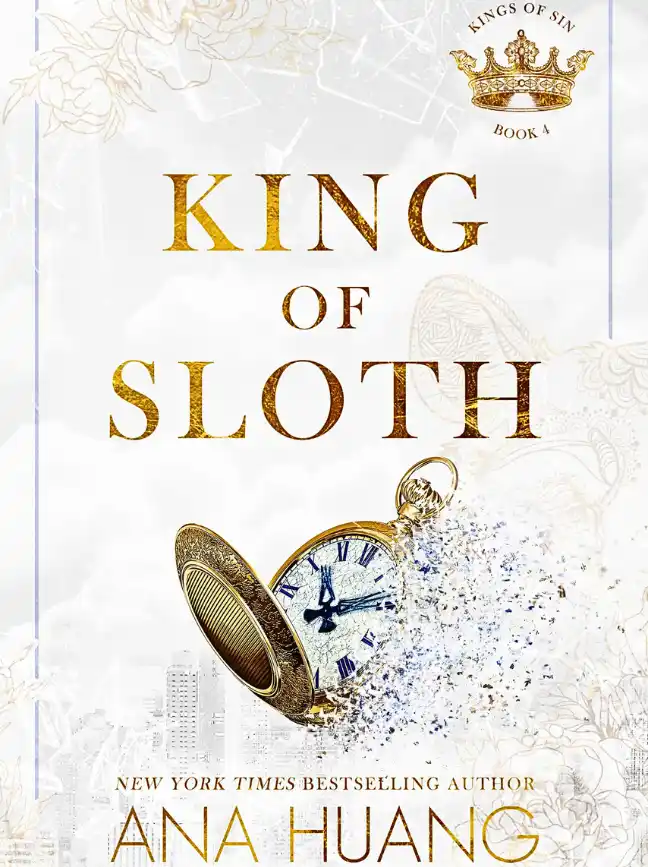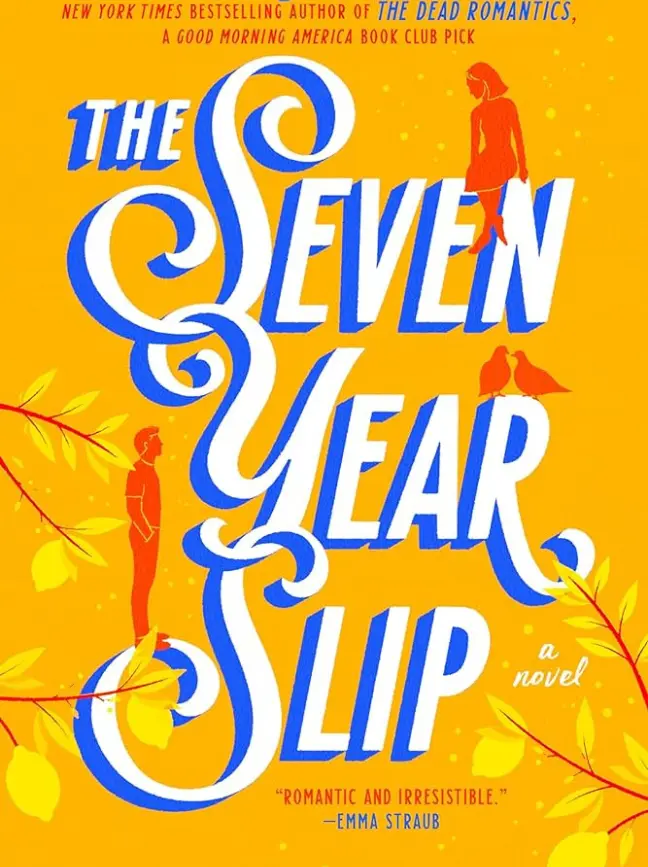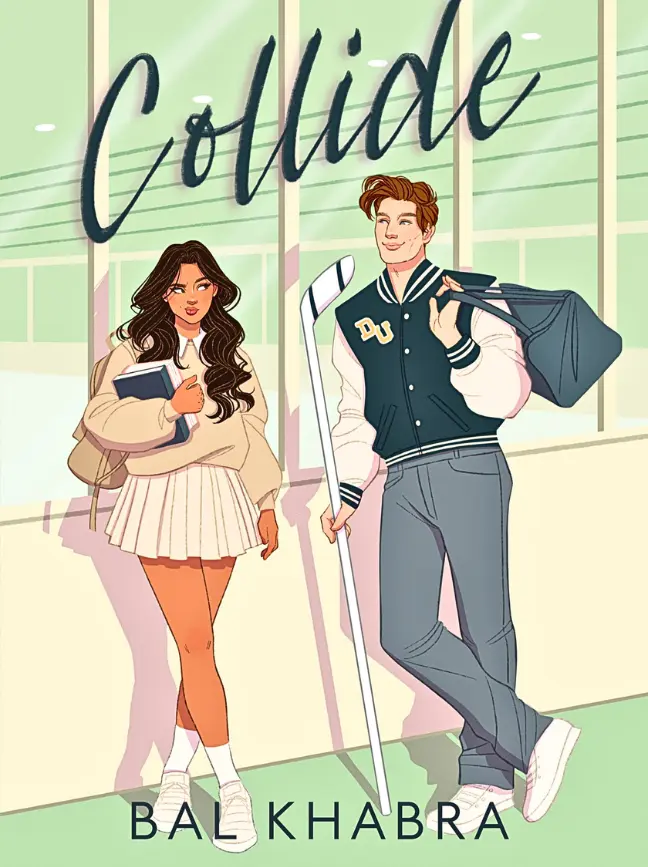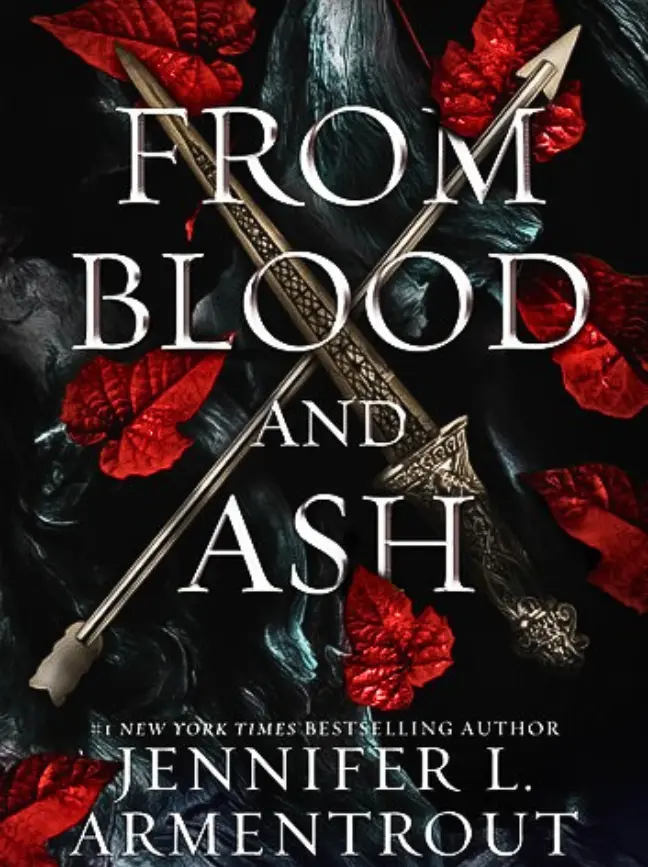In May, relatively late in the development process for such a significant change, Sam had the idea that the main character should be a sick kid instead of a girl who was being bullied, which had been part of Sadie’s original conception.
“I’m not making another game with a boy main character,” Sadie said. “No, I’m not saying that. But maybe, she could have cancer,” Sam
suggested. “And she should be disabled and in pain. That way, it’s even more powerful when she is omnipotent in the other world.”
Sadie considered this. “You mean like my Alice?” “Yes,” Sam said. “Like Alice.”
“It’s an interesting point,” Sadie said, “but isn’t bullying more relatable? Won’t actual sickness and pain turn off gamers?”
“Bullying is psychological pain,” Sam countered. “Physical malady gives our character more obstacles in the real world, and more contrast with her avatar in the fantasy world. What is the point of having two worlds, if not to draw these contrasts?”
They named the main character Alice Ma, and her idyllic, suburban American city, Mapletown. Once they knew Alice Ma had cancer, the fantasy world was brought into relief. Myre Landing became a medieval- looking, northern European village in which a plague had descended. No one can breathe; the skies are coated in a grayish green fog and seem to be growing darker by the day; the sea is murky with a viscous yellow phlegm, chunks of which keep washing up on the beach; everything is dying—the old first and then the young; animals, nature. It is up to Alice Ma’s alter ego, Rose the Mighty, to figure out what (or who) is causing the plague and how to save Myre Landing. If Rose the Mighty can save her village, then maybe Alice Ma can save herself from lung cancer. The two stories are linked but proceed along separate tracks. You can only advance in one by
advancing in the other. The gameplay was incredibly intricate, and ultimately, Sadie informed Sam that the most efficient way for them to build the game was to work on each side separately.
Once this division of labor had been established, Sam was happy to lose himself in the ostensibly less ambitious Mapletown project. Mapletown General Hospital was based on every hospital he’d ever stayed in, and Alice’s illness and treatment, which comprised many of the Mapletown side quests and levels, was given the kind of corpuscular detail that could only have come from someone who had been chronically ill and understood the indignities of hospital life. In the fourth level, for example, Alice, after a major operation, becomes separated from her body, and she has to chase through the hospital to catch it, like Peter Pan and his shadow. This dissociation was something Sam had experienced many times—the feeling that your body, when it was sick, was no longer your own.
Within Mapletown, Sam created two distinct worlds: there was the hospital, but there was also everything outside of it, Mapletown itself. Sam directed his team to make Mapletown time and seasonally responsive—it was dark if you played at night, and light if you played in the morning. There would be leaves in the fall, and snow in the winter, and cherry blossoms in the spring. The world had always looked painfully beautiful to him when he was sick. It was only when he was alone and he couldn’t participate in the business of living that he tended to notice how lovely being alive was. It was his friends through a glass window in a hospital door; it was Sadie’s sweet twelve-year-old face, handing him a maze she’d completed; it was the nostalgia he felt when he watched the healthy and the able-bodied leave a world that they had only been visiting, but of which he was a permanent resident.
Because Sadie was wrapped up in Myre Landing, Marx was the first playtester of Mapletown’s opening levels.
The first level of Mapletown takes place outside the hospital. Alice is a hurdler in a high school track meet. A text box states that she is the top- ranked hurdler in the state and that she is expected to win. The crowd is cheering; Alice’s boyfriend and her dads are in the stands.
Marx ran the race, hitting the jump button every time Alice encountered a hurdle. He lost once, and then he lost again, and then he lost a third time. He turned to Sam. “Am I doing something wrong?”
No matter how well the gamer runs the race, Alice will lose every time. The tumor that is growing in her lungs is slowing her down, but she doesn’t know that yet. Each time Alice loses, the gamer is given the option to restart the game. But the gamer will never “win” the first level. Winning is accepting that there are some races a person cannot win.
Throughout his life, Sam had hated being told to “fight,” as if sickness were a character failing. Illness could not be defeated, no matter how hard you fought, and pain, once it had you in its grasp, was transformational. Mapletown was, for Sam, the story of his pain, in the present and in the past. It would be the most personal game he ever made, though of course, it was only half the game, and his partner, Sadie, understood it to be about her own sister.
“Sam,” Marx said, once he’d figured it out, “I love what you’re doing here. It’s exceptionally smart. Has Sadie seen this?”
“Not yet,” Sam said. “She knows the basic design, but she’s been so busy with Myre Landing, I didn’t want to bother her.”
Marx studied his friend. Sam was thinner than Marx had ever known him to be, and his eyes were lightly bloodshot. He’d grown a mustache and a beard, and it looked as if his hair hadn’t been cut in months. He seemed tired, subdued. When had Sam ever avoided “bothering” Sadie? “Is everything all right with you?” Marx asked.
“Sure,” Sam said. He smiled at Marx, and Marx noticed that Sam had chipped his right canine tooth.


